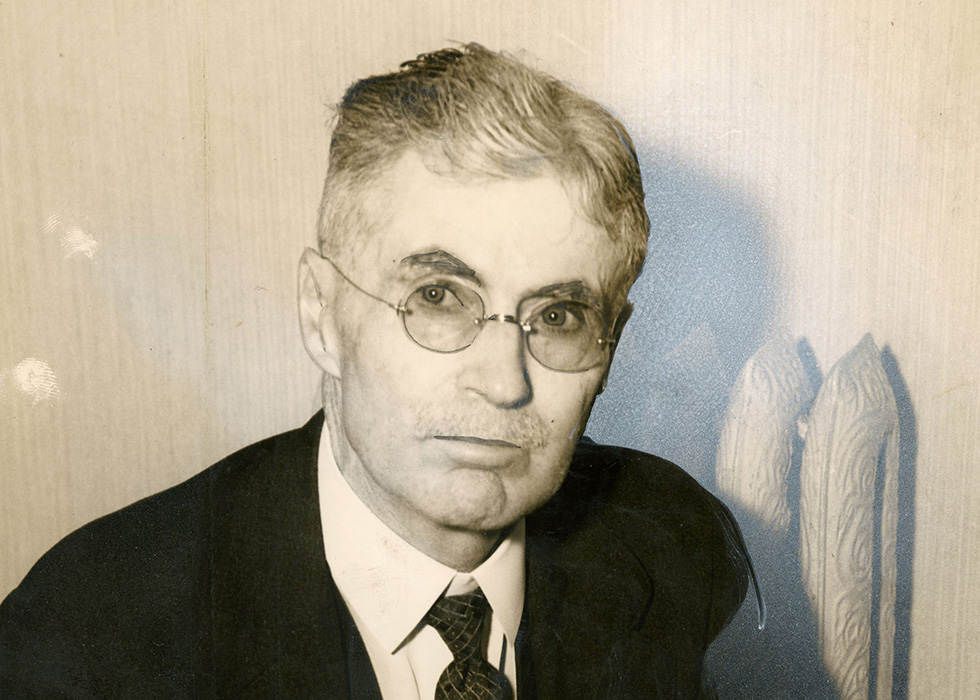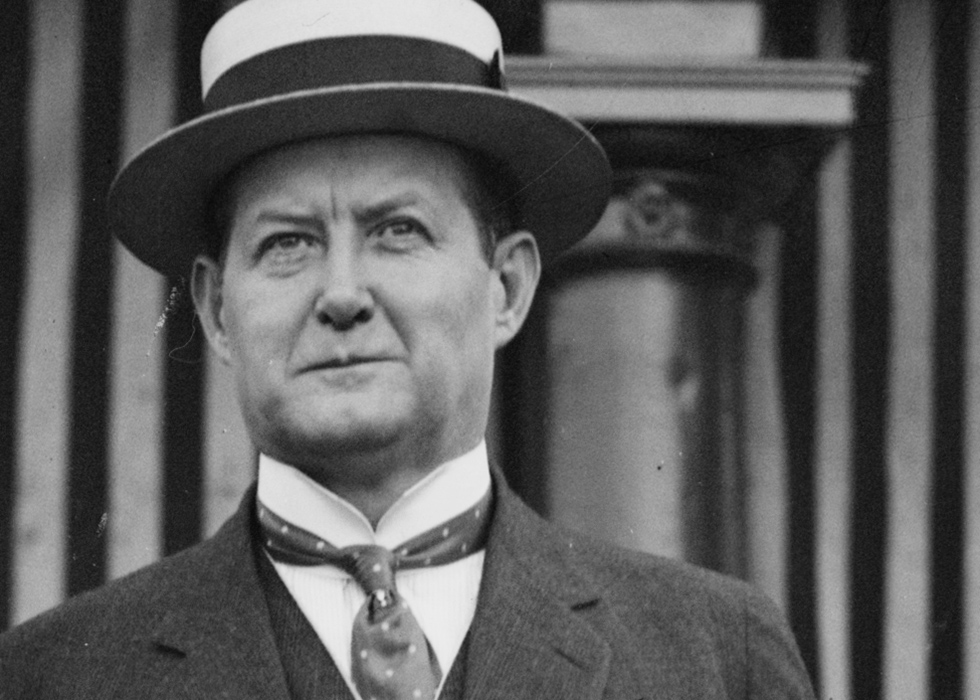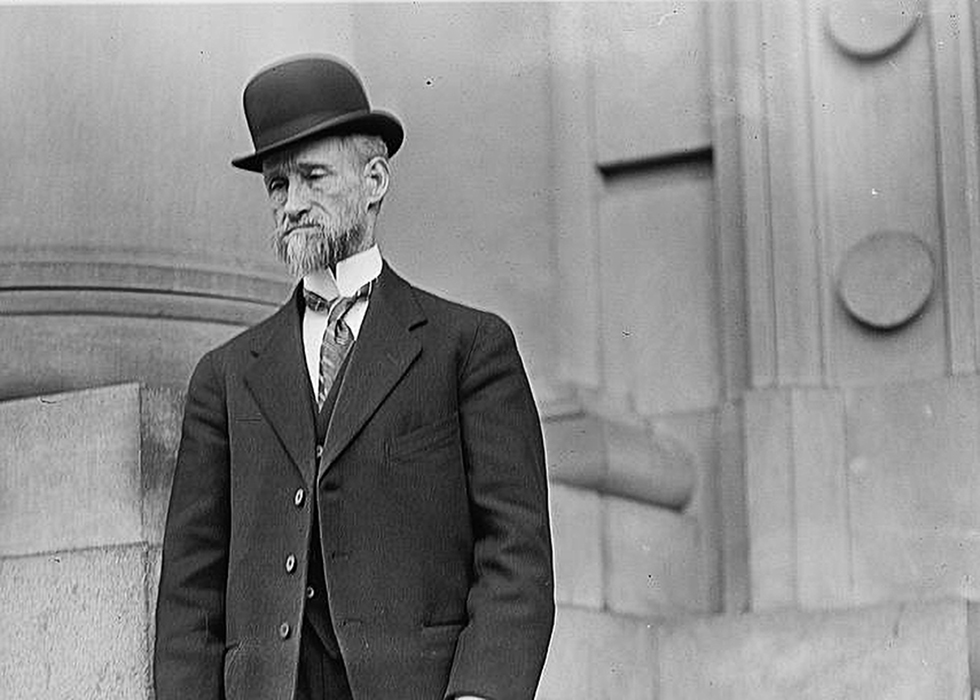
Oakland’s Seven Georgia Women of Achievement
The Georgia Women of Achievement (GWA) is an honor bestowed on the accomplished women of Georgia, both natives to the state as well as longtime residents. The GWA was originally proposed 1988 by a notable Georgian, first lady Rosalynn Carter. The GWA have continued to recognize the accomplishments & greatness of all types. Women are eligible for nomination ten years after their passing, and honorees are designated by the GWA board of selections. Oakland Cemetery has the honor of being the final resting place for seven of the tremendous individuals who received this distinction. The induction ceremony is held during March of each year, which is designated as Women’s History Month.

Margret Mitchell Marsh (1900-1949, inducted in 1994)
Marsh achieved worldwide fame for her Pulitzer Prize-winning novel, Gone with the Wind (1936), which has been translated into more than 40 languages and remains one of the best-selling books of all time. As a child, Marsh listened to stories told by the “old-timers” who visited with her family and later used many of these stories for GWTW. The Oscar-winning movie Gone with the Wind premiered in Atlanta in 1939. Her lot is planted with roses; her favorite flower.

Selena Sloan Butler (1872–1964, inducted in 1995)
In 1911, Butler started the nation’s first Black parent-teacher association (PTA)at Atlanta’s Yonge Street Elementary School. She later founded a statewide PTA in Georgia and the National Congress of Colored Parents & Teachers. After this organization merged with its white counterpart in 1970, she was named one of the founders of the National PTA.

Nellie Peters Black (1851–1919, inducted in 1996)
Black devoted her life to service. She advocated for free kindergartens, free hospitals, compulsory education, diversified farming, enforcement of child labor laws, and the admission of women to the Georgia Bar and the University of Georgia.

Julia Collier Harris (1885–1967, inducted in 1998)
Harris was a journalist who co-owned and wrote for the Columbus Enquirer-Sun. Her courageous articles called out political corruption, ignorance, and racial injustice. Her writing helped the newspaper win a first Pulitzer Prize (a first for Georgia) in 1926.

Rhoda Kaufman (1888-1956, inducted in 1998)
Kaufman was the executive secretary of the Georgia Board of Public Welfare and became a vocal advocate for social reform across the nation. President Herbert Hoover invited her to speak at the National Conference of Social Work in 1932.
Carrie Steele Logan (1829-1900, inducted in 1998)
Carrie Steele was born into slavery and orphaned as a young girl. After emancipation, she worked as a maid in the waiting rooms at Union Station, where she saw many children abandoned. She let the children play in a boxcar during the day while she worked, and at night she took them to her home at the intersection of Wheat Street and Auburn Avenue. Carrie Steele was eventually able to build a larger facility. The Carrie Steele-Pitts Home continues to serve abused, neglected, and orphaned children today.

Laura Isabelle “Lollie Belle” Moore Wylie (1859-1923, inducted in 2013)
Wylie became the first woman to hold a paid position at a Georgia newspaper when she joined the staff of The Atlanta Journal in 1887. In 1922, her musical composition “Georgia “was adopted as the official state song. It was later replaced by “Georgia On My Mind.”



